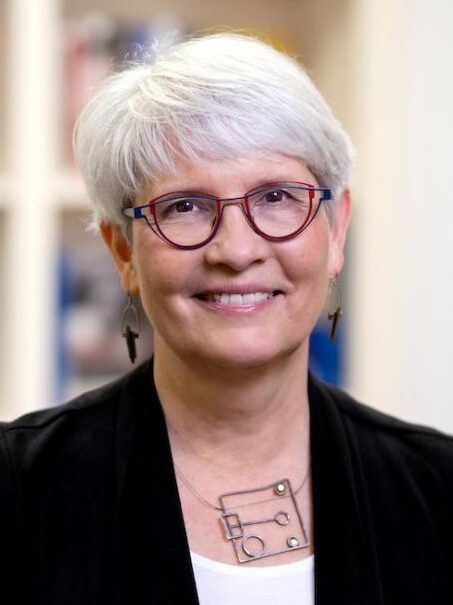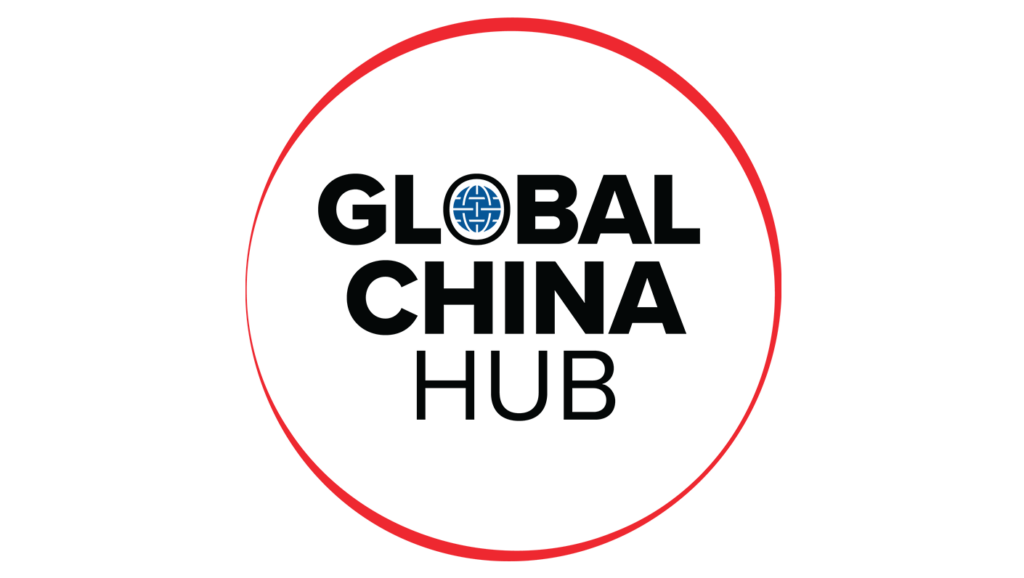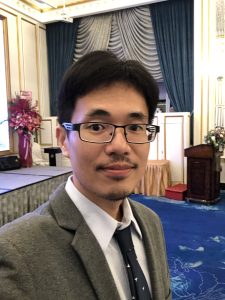The 2024 Taiwan Presidential election is the culmination of many dramatic developments over the past year. Marked by the first-ever meeting between US House Speaker Kevin McCarthy and Taiwan President Tsai Ing-wen, amidst increasingly frequent and blatant military exercises and air defense identification zone (ADIZ) intrusions by China’s People’s Liberation Army, the specter of an invasion loomed across the Strait.
The People’s Republic of China, who considers Taiwan a rogue province, warned the Taiwan electorate that this is an election between war and peace, a statement reinforced by General Secretary Xi Jinping’s New Year message to warn Taiwan of the “historical inevitability” of Taiwan’s return to China.
Indeed, the issue of dialogue versus deterrence has become a central contention for all three tickets against the backdrop of a still significantly interconnected web of trade and cultural interactions across the Strait.
Over the past two months, the Global China Hub has been tracking the lead-up to the election through the Taiwan Election Watch series. Authored by our Taipei-based fellows Lev Nachman and Wen-ti Sung, the series has tackled everything from the dramatic attempt for TPP candidate Ko Wen-je and KMT candidate Hou Yu-ih to materialize a combined ticket to the role disinformation played in this election and how China’s risky strategy might backfire.
With a clear winner to chart Taiwan’s course for the next four years, the Global China Hub is pleased to host a virtual discussion with both authors on the implications of Taiwan’s 2024 Presidential Election for Cross-Strait, US-Taiwan, and for allies and partners in these uncertain times on Wednesday, January 17 at 8:00am ET (9:00pm Taipei Standard Time).
Moderated by

Bethany Allen-Ebrahimian
China Reporter, Axios
A conversation with

Shelley Rigger
Brown Professor of East Asian Politics and Vice President for Academic Affairs/Dean of Faculty
Davidson College
Opening remarks by

The Global China Hub researches and devises allied solutions to the global challenges posed by China’s rise, leveraging and amplifying the Atlantic Council’s work on China across its sixteen programs and centers.




Follow the conversation on X, formerly known as Twitter, with @ACGlobalChina and @AtlanticCouncil using #ACGlobalChina